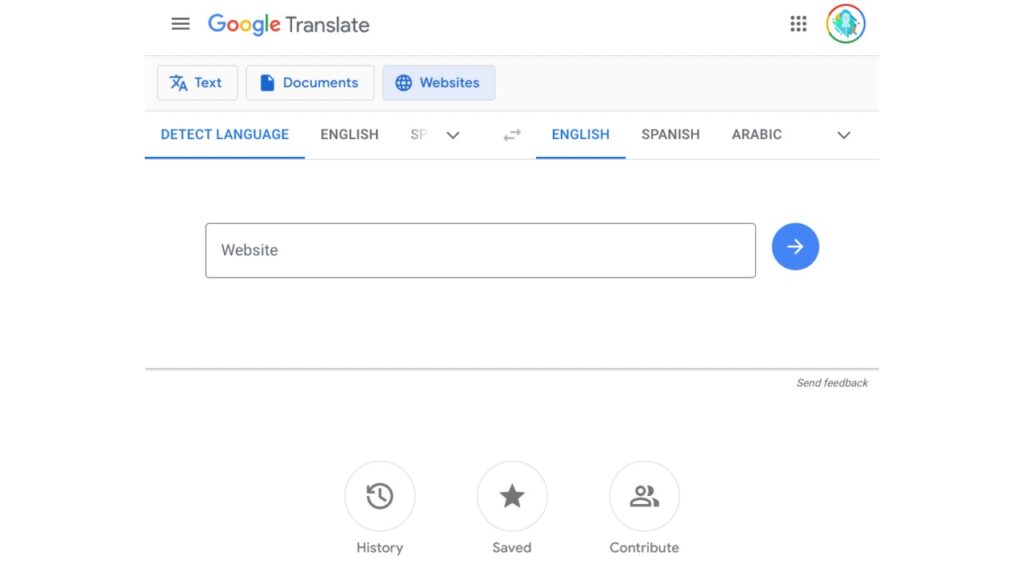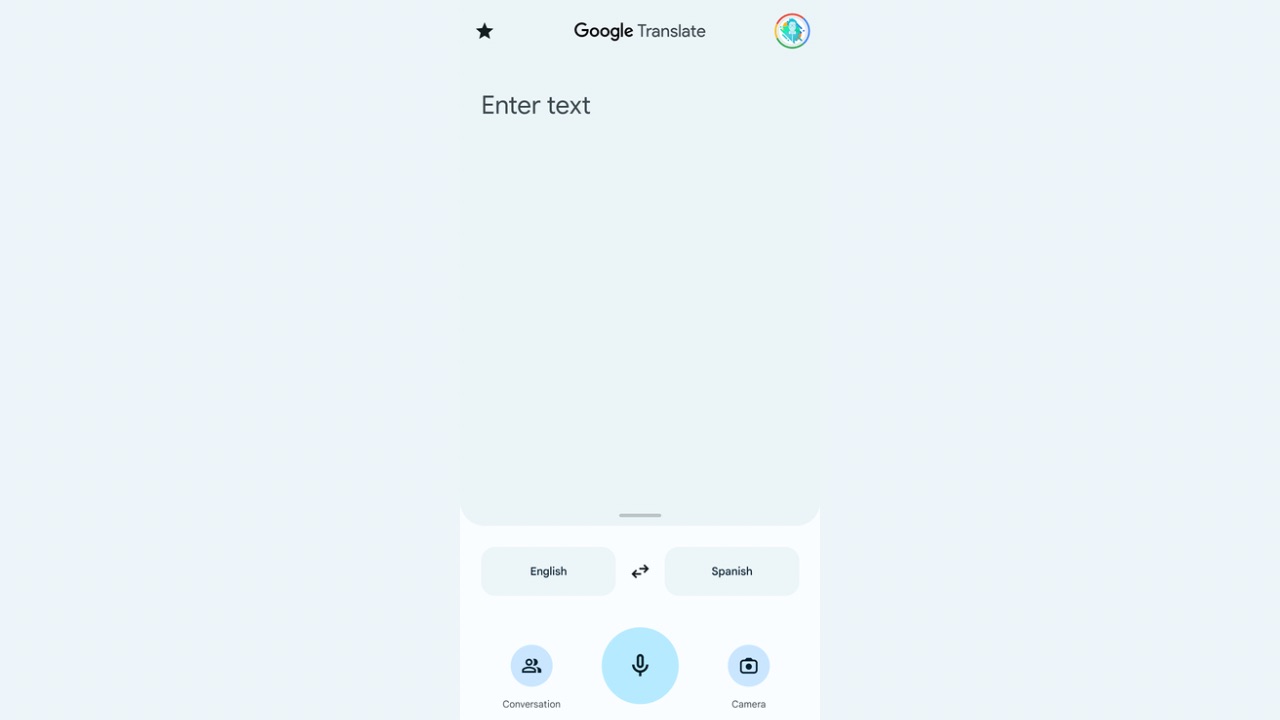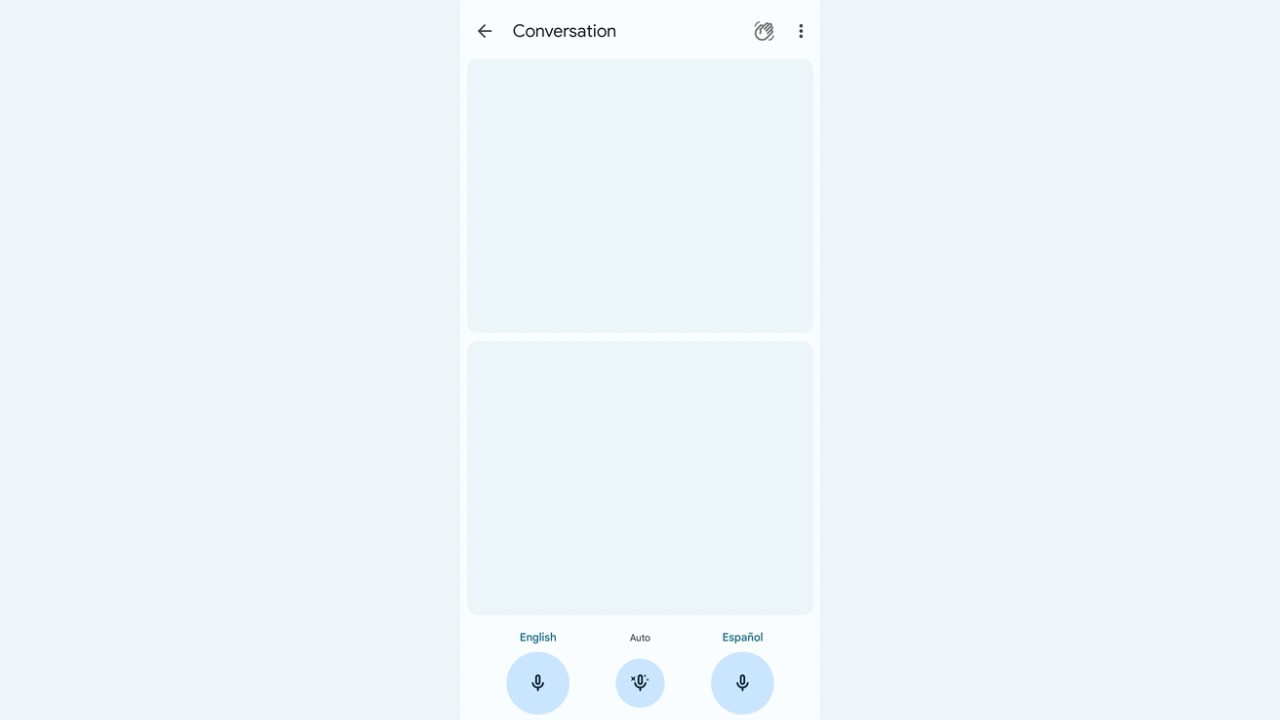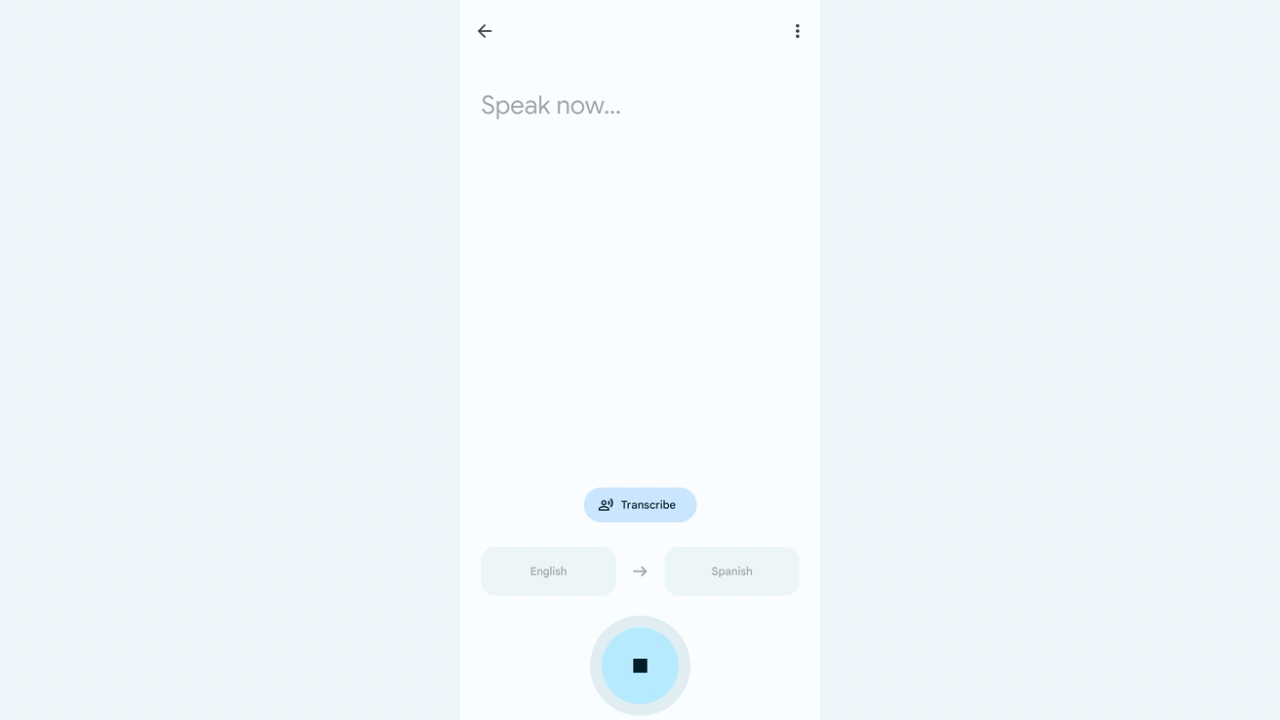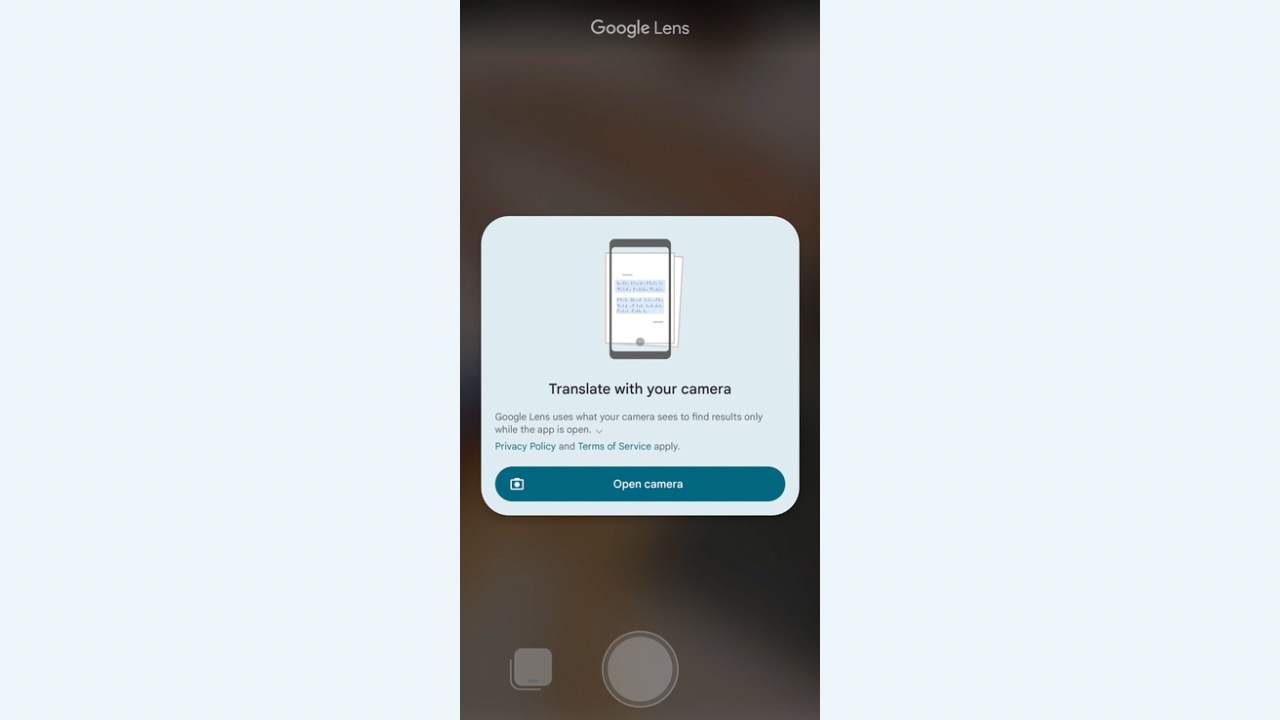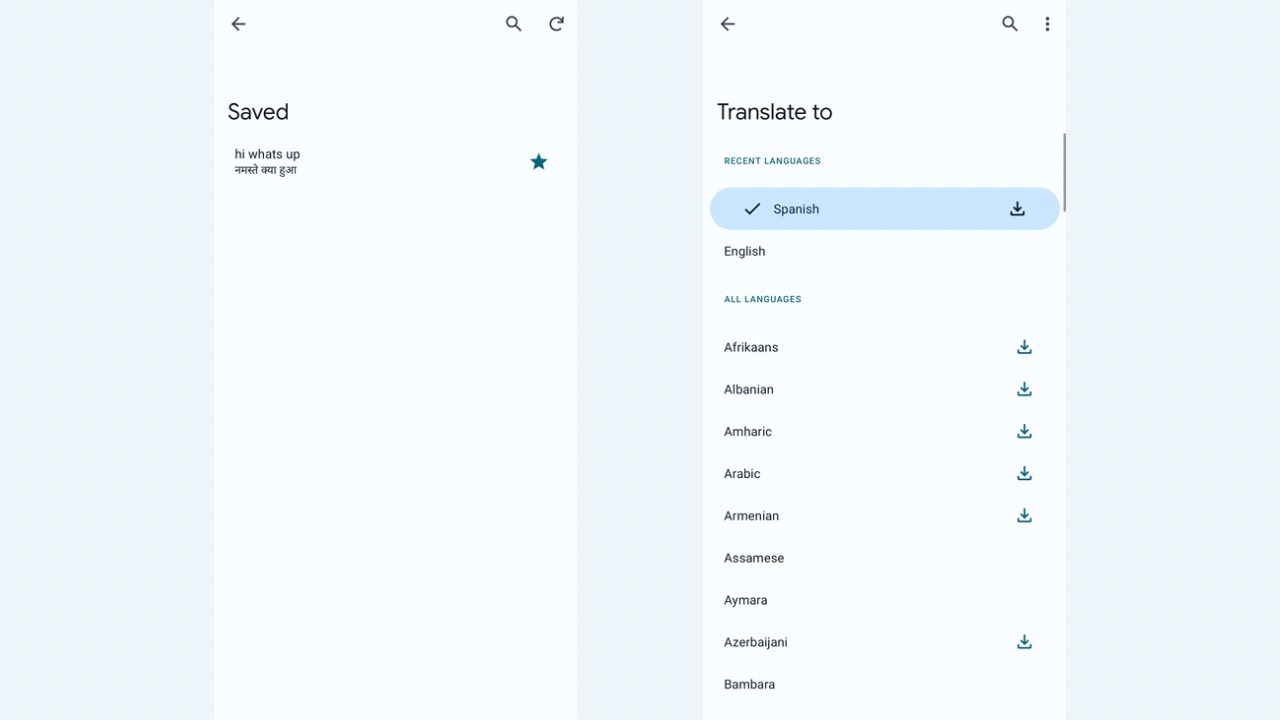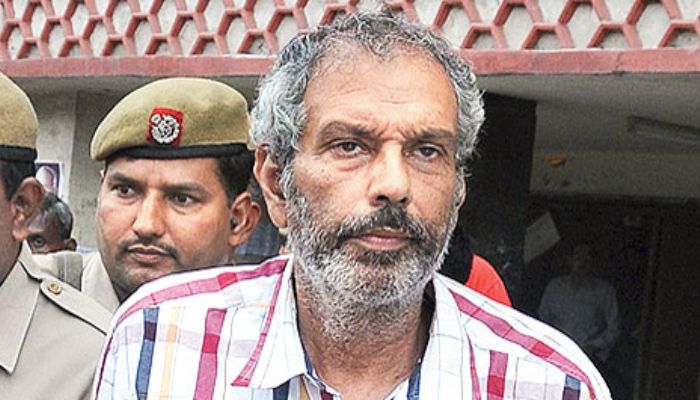On 6th December 2022, the government of Maharashtra announced various literary awards given under the Yashvantrao Chavhan State Literary Awards. An award in the translation category was declared to a former Politburo member of the banned Communist Party of India (Maoist), Kobad Gandhi’s book ‘Fractured Freedom’.
On Monday, 12th December 2022, the government of Maharashtra published a GR to announce that the award for the year 2021 given to the said book is being withdrawn. This award is named after 20th-century Marathi literary critic Tarktirtha Laxmanshastri Joshi.
The government has also dismissed the committee which recommended the book for this award. The government resolution said that the decision of the selection committee had been reversed for administrative reasons, and the award, which included a cash prize of Rs one lakh has been withdrawn. The committee recommending the title too has been scrapped, it added.
Maharashtra’s minister took a stand against Maoist Kobad Ghandy
While announcing the decision, Maharashtra’s minister for the Marathi language department Deepak Kesarkar said, “Everyone has freedom of thought. Nevertheless, the exaltation of Naxal thoughts is not acceptable to our government. For us, the nation comes first.” The chairman of the expert committee allegedly did not discuss or point out the matter regarding the selection of this book. Therefore, Marathi Language Minister Deepak Kesarkar has ordered an inquiry into this case.
He said, “Literature has the freedom of writing. But what is banned cannot be written. There is a different process of banning. Although there is no ban on the book ‘Fractured Freedom’, Naxalism cannot be glorified in the state. Maharashtra is the first state to crack down on Naxalism.”
Deepak Kesarkar added, “100 percent recruitment among Naxalites was coming from our tribal brothers, which has stopped now. In such a situation, society cannot forgive the literature that is written in favor of Naxalites and some people participate in the literature that is made in such a situation created by urban Naxalism, pretending that “we are doing something different from the world”. Under no circumstances can Naxalism be glorified by the state government.”
So-called progressive Marathi authors display outrage
Soon after the award was withdrawn, the ‘award wapsi’ gang in the Marathi literary circles became hyperactive and various other writers started a series of returning their awards to the state government and resigning from various posts of responsibility they held on committees related to literature.
Writer and poetess Pradnya Daya Pawar, who led the award wapsi campaign in Maharashtra in 2015, was appointed as a member of the Maharashtra Rajya Sahitya Sanskruti Mahamandal in 2021 during the Maha Vikas Aghadi government. She has resigned from the post protesting the withdrawal of this award. Poet Neeraja was also named as a member of the same body. She has also resigned protesting the government’s decision.
Writer Heramb Kulkarni was a member of the committee that recommended the Marathi translation of Kobad Ghandy’s book for this award. He wrote a letter to the government and protested the decision. He wrote in his Facebook post that the government should apologize to Anagha Lele and redeclare for her the award she deserved.
Sharad Baviskar and Arun Shevate are among other Marathi writers to protest the government’s decision to withdraw the award given to Kobad Ghandy’s book’s translation. Sharad Baviskar has also returned his award to the state government. It is notable that Baviskar is a professor at the Jawaharlal Nehru University in New Delhi.
Marathi writer Anand Karandikar has communicated to the state government that he is returning an award worth Rs 1 lakh to the government as he is registering his protest to the government’s decision to withdraw the award given to the translation of Kobad Ghandy’s book.
Laxmikant Deshmukh resigned from the post of president of the Language Advisory Committee. He shared the draft of his resignation letter from his Facebook profile. He too protested the decision taken by the government.
Many on social media support the ban, denounce Naxals
On the other hand, Marathi Facebook users are also extensively sharing the details about who is Kobad Ghandy and why the government should not patronize him by awarding the translation of his book with a state award. Smita Gaikwad wrote in her Facebook post, “I read this original book in English when it was published. The basic point is that the book was written by Kobad Gandhi. There’s nothing special about this book. It is Kobad’s unsuccessful attempt to show that he is not a Maoist but a Marxist. Since Kobad is a central committee and politburo member of the banned Maoist organization CPI (Maoist), I read this book with the intention would learn new things about Maoism. But it was ruined. Interestingly, angered by this book, the Maoists took out press notes against Kobad twice in a year and expelled him from the party as a traitor because, in this book, Kobad has projected himself as a Marxist rather than a Maoist.”
Noted Marathi writer, poet, and translator Prithviraj Taur backed the government’s decision. He is an associate professor at the Swami Ramanand Teerth Marathwada University, Nanded. In his detailed address that went viral on social media, he wrote, “It is a matter of great pride that a book which is against the national interest, exalting the ideas that are unacceptable to the Constitution of India, wrongfully honoured at the government level, and I welcome that the Government of Maharashtra and the Minister of Marathi Language Department have reconsidered the award announced and cancelled the decision to give the award in a timely manner, correcting the mistake made by the Award Selection Committee. As a writer-translator and reader, I sincerely congratulate the Government of Maharashtra for cancelling the award given to Kobad Gandhi’s book Fractured Freedom.”
He added, “The best literary works I read were always singing ‘man’s song’. He grew his faith in goodness and his faith in demand. These literary works did not set man up against man, did not speak the language of any bloody revolution, and did not convey the dangerous message of taking guns in hand. Writing a work of art in a language that glorifies anti-national Naxalism, and supports the bloody struggle, can tempt the reader for a moment, and wander the path of the youth by spreading the ideological illusion, but not the welfare of all human beings. We must never forget that people who speak of the gunfire in the guise of dissent are always anti-constitutional.”
Prithviraj Taur appealed to Marathi writers to avoid any literary activity that would strengthen Naxalism. He wrote, “When translating a book into Marathi, translators should think about the ideological impact of this book on the Maharashtrian people, on the unified spirit here. Translators themselves should avoid translating any book that feeds anti-national ideas, spreads religious hatred, and asserts in a way that the unity of the Union will be undermined.”
Kobad Ghandy – Affluent Parsi of Mumbai who is also an alleged ‘Urban Naxal’
It is notable that Kobad Ghandy is born in a Mumbai-based Parsi family in 1951. His family lived in luxurious areas of Mumbai like Walkeshwar. In the 1970s, Kobad Ghandy was studying at St. Xavier’s College, a prestigious college in Mumbai. Before joining Maoism he had worked as a qualified finance professional at a multi-national company for some time. He was picked as a member of the Central Committee in 1981 in the then Communist Party of India (Marxist-Lennist) People’s War. It was founded by Kondapalli Seetharamaiah.
He played a key role in the merger of the People’s War and MCCI (Maoist Communist Centre of India) that had taken place in September 2004. A new organization CPI (Maoist) was formed out of the merger. He was among the ideologues of CPI (Maoist) and is also alleged to have participated in a meeting in 2005 with the Nepalese Maoist leader Prachanda.
Ghandy was arrested in 2009
Ghandy was arrested in September 2009 from Delhi. As a Politburo member, he was charged with carrying terror attacks including an attack on a team of elite anti-Maoist commando unit Greyhounds at Gunurkayi village in Visakhapatnam in 2008. He spent a decade in jails across the country. In October 2019 he was released on bail from Surat jail. He had spent a major part of his prison term in Visakhapatnam Central Jail. When in jail, he wrote his memoirs under the title ‘Fractured Freedom’. The book was published in 2021. After this book was published, the CPI-Maoist called him a traitor.
The proscribed Left-wing outfit CPI (Maoist) expelled its politburo member and former member of the Central Committee, Kobad Ghandy, from the organization. In a statement purportedly issued by CPI (Maoist) spokesperson Abhay on November 27, 2021, Ghandy was accused of espousing the path of spiritualism, denouncing Marxism as having no good values, and abandoning the Maoist ideology. The CPI (Maoist) accused him of projecting the entire movement in poor light in the book ‘Fractured Freedom – A Prison Memoir’.
Adblock test (Why?)

